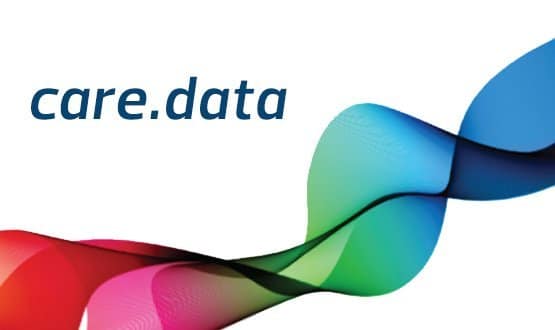Care.data should be opt-in – Jarman
- 25 February 2014

The care.data programme should be opt in not opt out, well-known health data expert Professor Brian Jarman has said.
Professor Jarman is director of the Dr Foster Unit at Imperial College London and developed the methodology for the Hospital Standardised Mortality Ratio.
In an interview with EHI, he said the care.data programme, which is being developed to link hospital and GP datasets and share information with researchers and others, should be set up on an opt-in basis.
He has shared his views with NHS England’s chief data officer Geraint Lewis and director of patients and information, Tim Kelsey. However, he does not sense much enthusiasm for the idea.
Care.data involves extracting a new monthly dataset from GP practices and linking this with other datasets, such as the Hospital Episode Statistics, within the ‘safe haven’ of the Health and Social Care Information Centre.
Patients can opt-out of their data extracted or shared by telling their GP; otherwise their consent to the extractions is implied. NHS England has been running a leaflet campaign about the project, but this has been heavily criticised, and the first extractions were recently delayed until the autumn.
Professor Jarman pointed to the way Scotland is handling the creation of a similar new database of GP data, called the Scottish Primary Care Information Resource, as a better way forward. Patients choose to opt-in to the resource, and GPs have a choice over which aspects of the programme they participate in.
“I would much prefer to do it the way the Scots are doing it and allow people to opt-in after being fully informed about the pros and cons,” Professor Jarman said.
NHS England announced last week that it would delay the start of GP extractions by six months to allow more time for the benefits and implications of care.data to be explained.
Professor Jarman argued that during this time everybody should be sent an addressed envelope clearly explaining the care.data scheme, with a paid-reply envelope and opt-in form.
“I think in an informed system you would get about half the population, if you really did it well and made it easy to reply and opt-in,” he said. “Fifty per cent would be an enormous dataset and you could start working with that.”
As the scheme gained trust, the number of people consenting to their data being extracted would likely increase, he added.
Professor Jarman said the Hospital Episode Statistics have been available for many years and one of the key issues has not been about availability of reliable data, but getting people to take notice of it.
He gave the example of the HSMR showing problems at Mid Staffordshire NHS Foundation Trust, but this being overshadowed as it pushed for foundation trust status.
“The main thing is getting people to take notice of the data. I can see the data is potentially useful, but I worry that if it’s released wrongly then it could really put the whole scheme back for years,” he explained.
Professor Jarman said that while there have not been any recorded instances of researchers reidentifying Hospital Episode Statistics over the many years it has been available, the GP data set is much richer and therefore easier to link to other data and identify individual patients. Experts have shown how this could be done in a matter of hours.
“The hospital data is administrative data and people accept that’s the case. It’s very different from the GP data which includes details of mental illness, alcohol consumption etc,” he said.
Kelsey was asked about making care.data an opt in programme on BBC Radio Shropshire last week.
He said: “There are various reasons why this is opt-out. Broadly, we want to ensure the NHS is able to improve services for all of its patients and opt-out is the way Parliament has decided this has got to work.
“We want everybody to make an informed choice about whether they want to participate and we will be ramping up communications and working with GPs.
“I completely get people’s suspicions and anxiety. We need to spend more time helping people understand how they make a better choice."
Co-founder of the medConfidential campaign, Phil Booth, said that between 15 January and 17 February there were more than 300,000 downloads of the various opt out forms available on the organisation’s website.
The site was receiving just under 20,000 unique visits per day in early February. In comparison, the Health and Social Care Information Centre web page about ‘how we look after information’ had around 4,000 unique visits between 6 – 23 January, Booth said.
TheBigOptOut patient advice line, for people to call about medical confidentiality issues, is manned by volunteers and has also been handling more than 100 calls per day.
The advice line set up by NHS England to take calls on care.data handled 3,500 calls in its first three weeks.
EHI is live-blogging a Commons Health Select Committee session on care.data today from 2.30 at which both Booth and Kelsey will be speaking.




